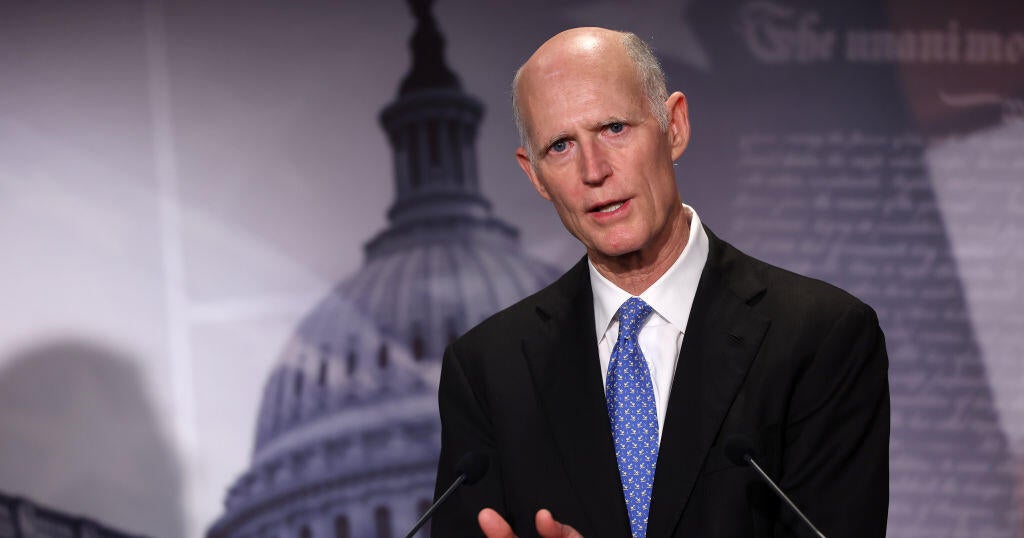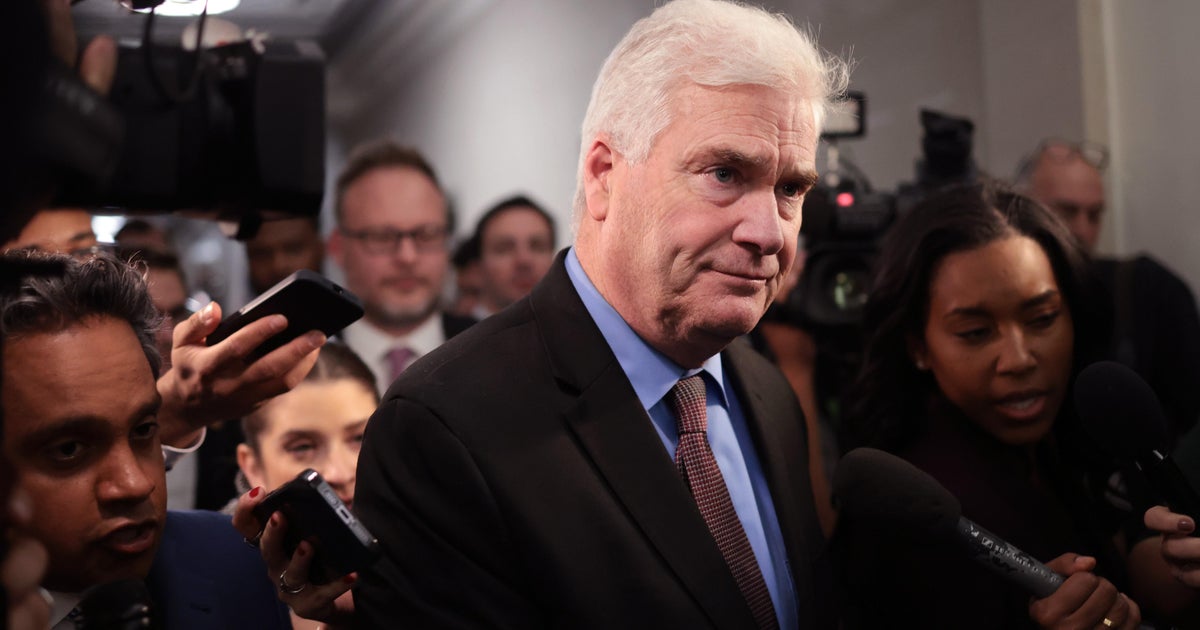Here is how the House GOP health care bill would affect employer-based insurance
Most of the conversation about the House GOP-passed health care plan concerned those buying insurance in the individual marketplace. But approximately half of all Americans have health insurance provided through their employers, so, how would the American Health Care Act affect their coverage if it were to become law?
The bill as it stands would have the potential to alter insurance coverage in two major areas — by nixing coverage requirements for employees at larger companies, and by — theoretically — making it possible for employees at larger companies to have to pay an unlimited amount for so-called "essential" health care benefits out of pocket.
On the first point, employees would no longer be guaranteed health insurance because their companies would no longer be required to provide it. The ACHA rolls back a key Affordable Care Act provision that required businesses with 50 or more employees to provide health insurance to employees working 30 hours or more a week. That was a long-expected provision of any GOP Obamacare repeal. Conservatives hope the rollback of that Obamacare stipulation will fuel growth in companies that were cautious to hire, or cut employee hours, so they wouldn't have to provide costly health care.
But the rollback of that Obamacare provision may not have a widespread effect, said Larry Levitt, senior vice president at the Kaiser Family Foundation.
"Most large employers offered insurance before the ACA, and will likely continue to," Levitt said. "It's really more on the margins that the employer mandate had an effect, in some lower-wage industries like retail, and restaurants and agriculture that were least likely to offer insurance."
That implication is pretty straightforward.
The slightly-more-complex implication of the House GOP bill on employer-based coverage means employees at large companies could theoretically pay an unlimited amount for health care on an annual or lifetime basis.
Here's how that could happen, according to Levitt and other health care experts.
Under current law, individuals are protected from spending a fortune on health care because their annual and lifetime expenses for so-called "essential" or "standard" benefits — things considered basic, like hospitalization, newborn care and prescription drugs — are capped. On top of that, under Obamacare, large businesses are prohibited from capping how much they will shell out for employees' essential benefit expenses, annually and throughout their lifetimes.
States each have their own definitions of what qualifies as an "essential" benefit. Larger companies up to this point, unlike smaller companies that must stick with their own state's standards for essential care, have been able to use any state's definition of essential benefits, no matter the business' location. Until now, such insurance shopping hasn't mattered much, since states' definitions of essential benefits vary little.
But the AHCA allows states to apply to the federal government for waivers to alter or eliminate entirely their definitions of essential benefits. States must prove to the federal government that such a waiver would reduce average premiums, increase enrollment, stabilize the health insurance coverage market or increase the choice of health plans in the state. Given the Trump administration's inclination to give states' leniency in executing policy, it would probably also be inclined to grant states waivers, said Matthew Fiedler, a fellow with the Center for Health Policy at the Brookings Institution.
"If this became law -- which is obviously a big if -- that's a likely outcome," Fiedler said.
Here's the catch — if even one state successfully eliminates its definitions of essential benefits and declares that no benefits are essential, then any large company could defer to that state's definition and no longer have any cap on what employees pay out-of-pocket for "essential" benefits. This would effectively eliminate their legal requirement to cover unlimited essential benefits. There would simply be no essential benefits to cap.
"If one state waived the essential benefits entirely, then the employer could essentially require patients to pay an unlimited amount under their insurance plan, because no benefits would count as essential benefits anymore," Levitt said.
But Jim Capretta, a resident fellow at the free markets-focused American Enterprise Institute, said such a doomsday scenario of the GOP unraveling employer-based health care is unlikely.
"I think the idea that there's going to be this wholesale unwinding in protections in the employer system is very overrated," Capretta said.
Generally, employers want to offer benefits that are "attractive" to employees, Capretta said. Employer-based health care, he said, is driven "more heavily by employers wanting to offer benefits that are attractive to workers" than by government mandate.
It's unclear, however, what will happen to the House GOP bill in the Senate. Senators have indicated they will make significant changes to the bill, if not write their own bill entirely.





